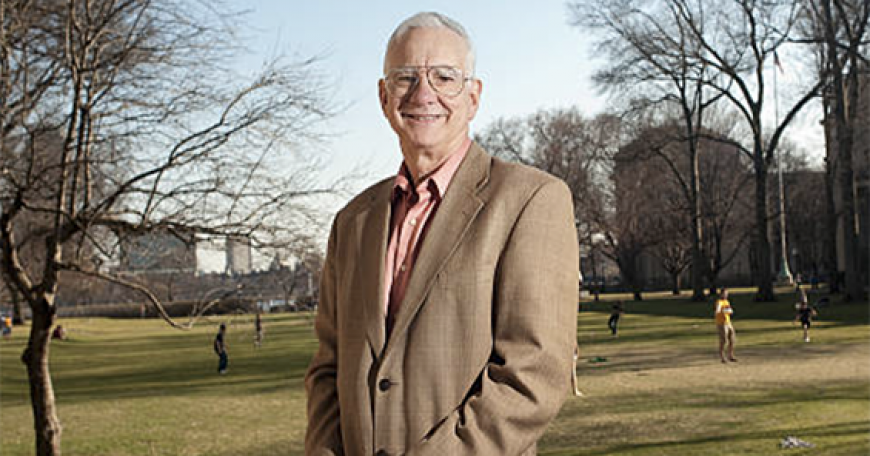10 Reasons to Replace Midterms with Weekly Online Quizzes

MIT professor David Pritchard – developer of MasteringPhysics.com, MOOC runner, and discipline-based education researcher – will begin this xTalk presenting research evidence showing that weekly quizzes, or even biweekly quizzes, are strongly preferred over standard midterms for pedagogical reasons:
- Better student learning – effect size about 1 sigma
- Students will study (not just do homework) every week
- Less homework copying
- Students give more positive evaluations of assessment
- Frequent quizzing solidifies learning better than reviewing
Secondly, MIT postdoc Byron Drury will show strong preliminary evidence that online quizzes:
- Are fairer due to reduced random error in testing
- Predict final exam scores on MIT style hand-graded problems better than quizzes consisting of MIT style hand-graded problems.
- Provide separate measurements of conceptual and long problem ability of students (and show that these are separate abilities)
- Provide immediate feedback to teacher
- Are a consistent year to year evaluation of student knowledge to evaluate teaching and reforms
Given the numerous advantages of implementing weekly online quizzes, it behooves us to think carefully about smoothing the way to adopting this at MIT. This will involve an audience discussion:
- Student objections to any change whatsoever
- Do we have to allow access to the problems and answers after the quiz – thereby jeopardizing test security against fraternity bibles, etc.? Or can we argue that right/wrong feedback and immediate feedback generates better learning in real time?
- What to do with large courses with spaced multiple-sections?
Professor David E. Pritchard is principal investigator of the REsearch in Learning Assessing and Tutoring Effectively (RELATE) group and a member of the Center for Ultracold Atoms in the Research Laboratory of Electronics and at Harvard. With his son he developed and sold to Pearson MasteringPhysics.com, MasteringAstronomy.com, etc., which are used by ~ 4 million students annually.
Dr. Byron Drury won the Apker Undergraduate Thesis Award, received a PhD at MIT, and now works in the RELATE group.
Read MIT undergraduate Ivory Zhu's reflections on Pritchard and Drury's xTalk.

